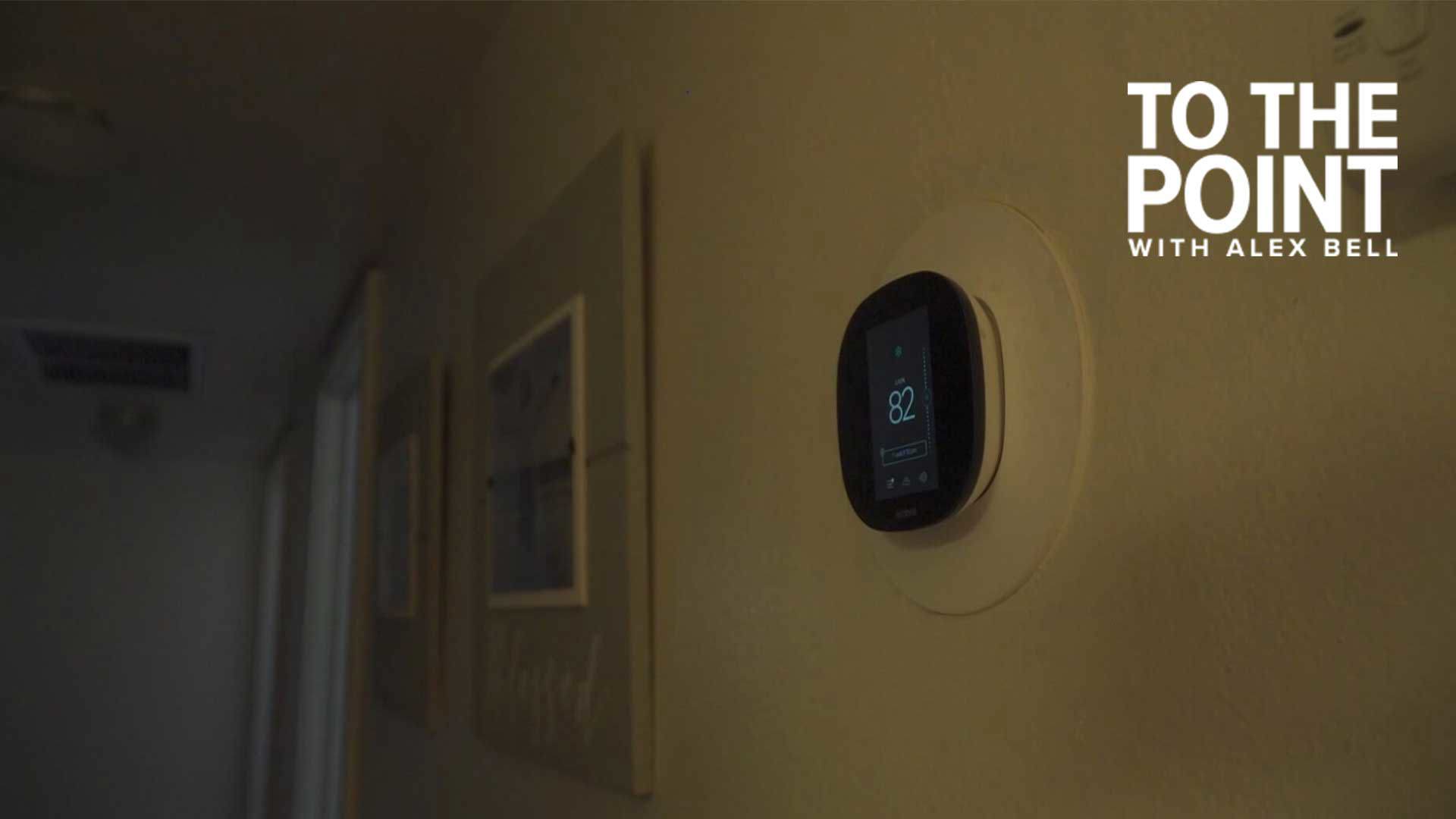SACRAMENTO, Calif — State regulators are about to make a decision on an important change to many Californians’ electricity bill.
Whether the proposed change will raise or lower your monthly bill depends on how much money you make — and who you ask.
The California Public Utilities Commission (CPUC) is the state’s regulator of privately-owned utilities. Those include Pacific Gas and Electric (PG&E), which provides power to millions of people stretching from Santa Barbara County up to Humboldt County. Its coverage area includes publicly owned carve-outs, like SMUD in Sacramento and Roseville Electric, which are not regulated by the CPUC.
On Thursday, the CPUC is going to vote on a proposal that would change how privately-owned electric utilities like PG&E can bill their customers.
Beginning in late 2025, this proposal would allow utilities to charge their residential customers a fixed monthly rate, based on income. For most people, it would be about $24 per month. For lower-income customers, there’s a $12 and $6 monthly option, depending on their income.
In a statement to ABC10, a CPUC spokesperson said this “is not a new fee - it simply reallocates how electricity costs are paid for on bills.” Adding, “the usage rate in turn will be cut by 5 to 7 cents per kilowatt-hour.”
Sylvie Ashford is an Energy and Climate Policy Analyst at The Utility Reform Network (TURN), a consumer advocacy organization, which often comes out and fights PG&E rate increases. In this case, they’re in favor of the change.
“This is revenue neutral; it's not a new fee being added to your bill,” she said. “I think there's a misconception that this will be contributing to the rate increases, and that's incorrect. It's just a bill restructuring.”
TURN said “the proposal at the CPUC is a step in the right direction that will make electricity bills more affordable for low-income households, reduce bill volatility and promote beneficial electrification,” Ashford said. “But much more needs to be done to keep California skyrocketing rates in check.”
She said, even with paying the proposed $24 per month, the average customer will see their monthly bill increase just $1.50 to $3. And low-income customers are projected to see their bill decrease, on average, $4 to $9 per month.
However, Loretta Lynch, former CPUC President, said she believes the discount on electricity rate won’t offset the fixed charge of $24 per month.
“Most Californians who live in PGE territory are going to have a bill increase,” Lynch told ABC10. “$290 more per year for a small discount on the price of electricity. And who does that benefit? It benefits really large users, people with swimming pools and saunas and EVs and heat pumps… and all the other things that are huge energy users. It also benefits people who have bigger houses, but seniors and apartment dwellers and small, small family houses and those who already conserve — they're going to pay much more.”
If the CPUC approves the change Thursday, as they’re expected to do, Lynch would like to see state lawmakers step in and put an expiration date on this fixed monthly charge, in case it ends up hurting customers.
“This is a real-time experiment with people's electric bills. They don't really know, the PUC, all the unintended consequences of imposing this new flat charge,” Lynch said. “There are no caps and no limits on how much that fixed rate can go up from here.”
Senator Brian Dahle is a member of the Senate Republican Caucus, which published a letter this week opposing the fixed charge proposal.
“What’s to say that in the future they're not going to just continue to raise the rate, because they have the power?” he said.
He points out the CPUC’s members are appointed by the Governor and would rather see a change like this come from state lawmakers.
“I always like to have that at the legislative level, where we're accountable to the ratepayers and the voters,” he said.
A bill state lawmakers passed in 2022, AB 205, ordered regulators, the CPUC, to implement a fixed charge for its largest electric utilities. California is one of the only states that doesn’t have something like this.
However, many electric customers are struggling. The CPUC has approved PG&E rate hikes over the past year amounting to a roughly $400 annual increase for the average household. That’s partly why there’s so much concern over whether a fixed charge could add more hurt to family finances.
The fixed charge the CPUC is considering would apply to residential electric customers of the big investor-owned utilities, which are PG&E, SoCal Edison and San Diego Gas and Electric.
If you get your electricity from SMUD and your gas from PG&E, this fixed charge won’t apply to you.
ABC10 will be at Thursday’s CPUC meeting and provide updates.
WATCH ALSO:



















